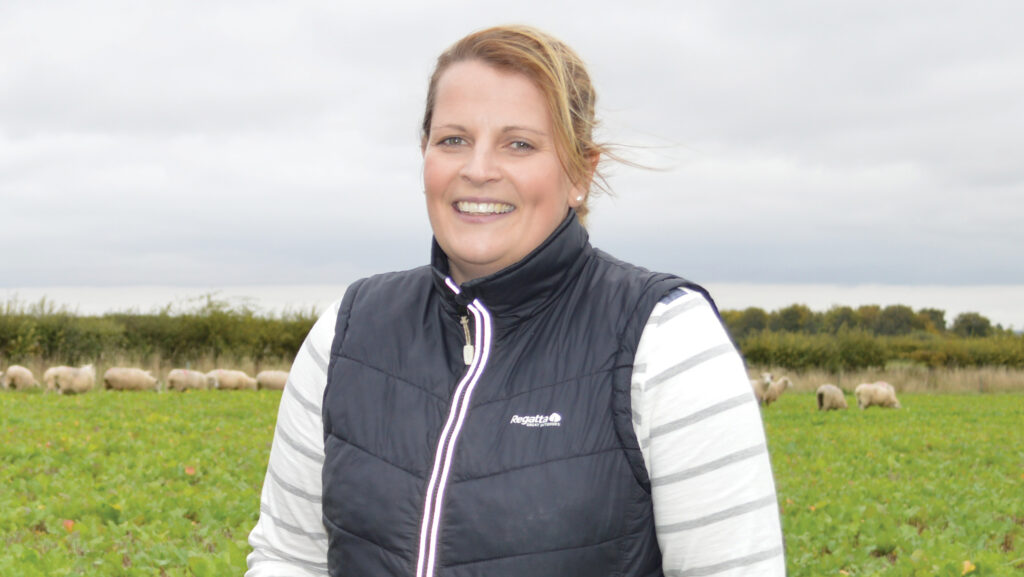Opinion: Farms are micro-businesses in a world of corporates
 Jo Franklin © MAG/David Jones
Jo Franklin © MAG/David Jones Trump. Love or loathe the man, he knows how to build and protect his home-grown economy. This is in stark contrast to “Farmer Harmer Starmer”.
But it’s not just farmers that Starmer is ruining, it’s all small and micro-businesses.
The reality is very few UK farming businesses even qualify as “small”; the vast majority are “micro”.
See also: Opinion – farming’s mistake has always been believing it’s different
In contrast, very few of our suppliers are in these brackets anymore.
Globalisation has meant the key items we buy – such as medicines, fertiliser, machinery, fuel and seeds – now come from multinationals.
I don’t think Trump “likes” farmers any more than Starmer, but the farming system is very different in the US. Most items – whether plant or animal – are contract-grown.
The farmers are just tools to the multinationals – the biggest of which is Cargill, the largest private company in the US. We don’t have any comparable company in the UK.
Napoleon Bonaparte once called England a “nation of shopkeepers” and Britain has been built on small and micro-businesses.
They account (or did) for 60% of our GDP. In the US it’s only 35%, but as the UK government changes laws, continuously hammering the “small man”, we’re losing them.
We and the US have common law systems that favour bigger businesses with greater budgets for legal representation.
We don’t have documents stating our laws that can be easily referred to.
Many continental countries have civil law structures, meaning many disputes can be resolved easily – they are more black-and-white.
Simply put, most of the companies we deal with have contracts and terms and conditions, and budgets for legal teams to protect them, as well as insurances covering them.
The only thing available to us is insurance (if it’s available) and legal cover either as insurance or through a vehicle such as NFU membership.
But these have limits, both in the quality of representation available – and buried in companies’ T&Cs and insurance documents are limits we should be aware of.
When it comes to larger sums of money, trusting a supplier to do the right thing is a thing of the past
Do a deal in excess of these and you risk that excess value.
In the good old days when the value of mishaps was much smaller, the nature of relationships meant people could “come to an arrangement”, but as the values get bigger, the power gap grows and our legal system blindly follows that of the US, our businesses are at increasing risk.
When it comes to larger sums of money, trusting a supplier to do the right thing is a thing of the past.
Very quickly “good old Frank” will be replaced by a company’s faceless insurer and you’ll run into a closed door.
To be safe, we are now in an era where we should keep a sample of every input, output and batch and be filling our drills, fertiliser spreaders and sprayers under a high-quality camera.
We need to keep this evidence for the time covering or our responsibility for that crop – which vastly differs between outputs.
We should keep every bag and can label, and collection or delivery note. It’s only if you’ve taken such precautions you can get a shot at resolution in the event of a disagreement.
This is massively impractical and difficult, but we must take it seriously as it’s our only chance of taking on Big Ag should the unfortunate occur.
Without this, your legal cover and insurances won’t be worth a jot either, and your business could be on the line.

